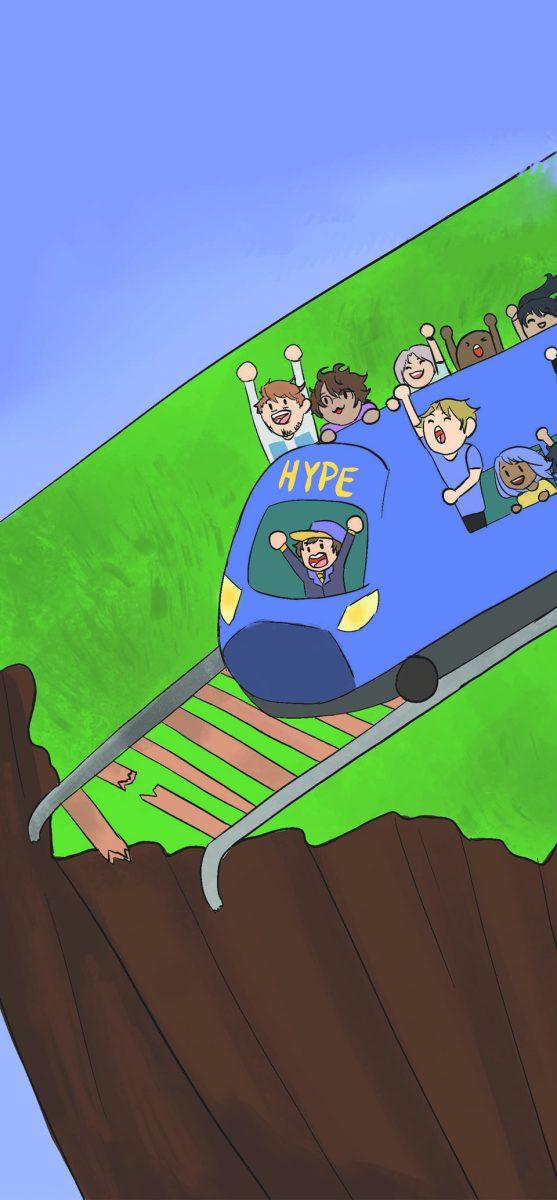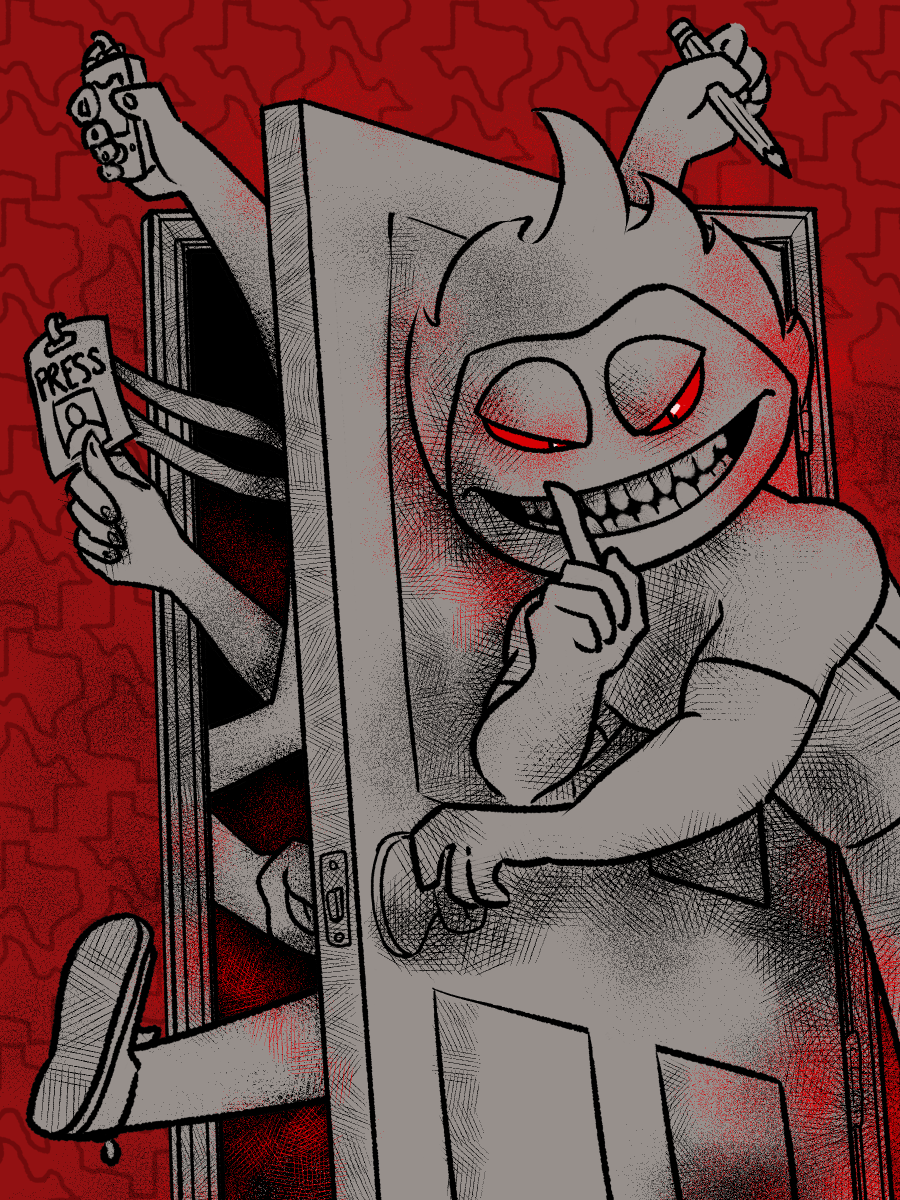Public relations disasters continue to plague the video game industry
It’s 2020! And with the new year and new decade, it has come time for retrospection. In the last 10 years, the video game industry has been hit with some of the largest public relations mishaps and social media blunders in its history. Let’s take a look at the most significant bugs with video game PR: hype trains and corporate social media presence.
Arguably the most infamous PR disasters of the decade were the various hype trains. For the uninformed, the first part of the hype train is in the name: the hype. It can grow in a number of ways, chief among them being false promises, a dedicated fanbase, E3 demos – often misleading demos of a game shown at the E3 press conference – or some combination of all three. One of the largest hype train crashes in recent memory was the failure of “Anthem” upon release. Bioware was a known developer of excellent RPG games and the thought of flying around in Iron Man suits in a Bioware game was exhilarating. Combined with an excellent E3 demo and promises of a Bioware story to go along with the multiplayer experience, this was a game that got a lot of people excited. The hype train was going light speed directly off a cliff.
The second part of the hype train is the inevitable crash. The broken promises, game-breaking bugs and glitches, and in the worst-case scenario, just a bad game. The list of games released with game-breaking bugs is too extensive to type out here, with the most notable including “Anthem,” “No Man’s Sky” and “Destiny.” In “Anthem’s” case, the game was somehow rushed with an over seven-year development period, and in the case of “Batman: Arkham Knight,” the PC release was so bugged that it was removed from the Steam store with refunds for anyone who bought the game. All the marketing created expectations these sloppy games couldn’t live up to.
A large part of the hype train and general video game PR is generated through social media, and for an industry so rooted in technology, developers still make big mistakes. First, as a part of the hype train, is false promises before launch, “No Man’s Sky” being a prime example. A randomly-generated universe to explore, exotic flora and fauna, space battles to rival “Star Wars” and a journey to the center of the universe. “No Man’s Sky” promised it all. Sean Murray, the face of “No Man’s Sky” developer Hello Games, was seen everywhere, from morning talk shows to “The Late Show” with Stephen Colbert. They essentially promised the original “Star Wars” trilogy, and instead released the “Star Wars” holiday special re-enacted by high schoolers with a VHS recorder. A Sony partnership and subsequent corporate deadline forced an early release, and it was the internet’s favorite punching bag for a good few months. After later releases, Sean Murray and Hello Games would go radio silent, having learned the lesson of being quiet and letting the game speak for itself.
But besides hype trains, community interaction on social media is still pretty rough for developers, with the worst mistake being treating the playerbase like idiots. The most downvoted post on Reddit – numbering in the tens of millions – is from EA regarding loot boxes in “Star Wars Battlefront II.” How could they possibly justify the inclusion of what amounted to a gambling system in a product for children? Simple. They wanted players to sense a feeling of “pride and accomplishment” for earning loot boxes and getting lucky, instead of playing the game and earning the skins and weapons through playtime directly. It’s like saying you can earn a sense of “pride and accomplishment” better by submitting multiple assignments and maybe rolling for an A+ instead of just doing the work to get an A+ on an assignment. More recently, a “League of Legends” player complained about the design of a character, and the developer responded by saying they’d trust the “200+ collective years of game design experience” over the complaints of the player. Treating your players like idiots is just rude, and does not accomplish anything but bad publicity for a game.
Speaking of bad publicity, some people may believe all publicity is good publicity. None of those people have witnessed the many atrocities of the video game industry, with one of the most bizarre being the antics of Acclaim Entertainment. As a veteran video game development company, their employees marketed many of their games in questionable ways. Notable examples included offering to pay for gravestone advertisement space, offering to pay traffic tickets for everyone in a town the day of the release of a racing game and offering to pay parents to name their baby “Turok.” Controversies like these only provide a short burst of exposure, leave a bad taste in peoples’ mouths, and lead to financial ruin, as Acclaim ultimately learned. Making a bloated marketing budget is no guarantor of success, especially when spent on terrible PR campaigns.
So what did the video game industry learn? Considering their continued PR mishaps, probably nothing. But we as consumers can stop getting on the hype train. I know it’s tempting to believe in the promises, but it seems no matter the name in the credits, promises can and will be broken. The next time the hype train rolls into the station, or a game comes out with more bugs than a rainforest, save your money. Don’t preorder games, always wait for the reviews, and remember that PR in the games industry is generally a bug, and not a feature.






